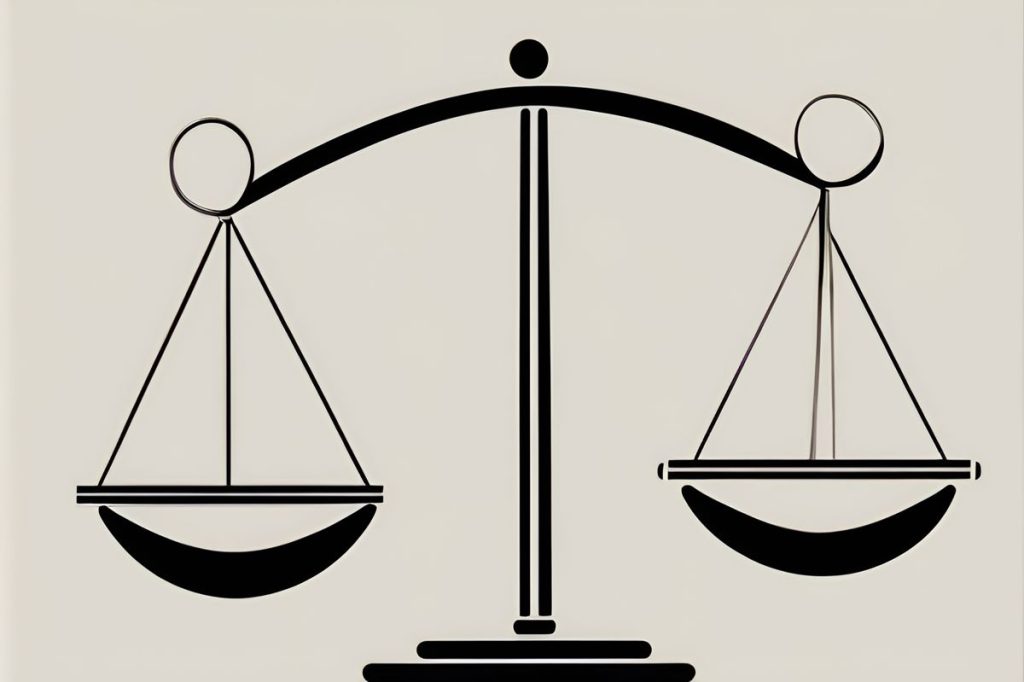The legal battle against Cyprus’ Auditor-General Odysseas Michaelides involves 15 charges challenging his professional conduct, including impropriety and pension-related issues. President Nikos Christodoulides maintains neutrality, emphasizing the importance of judicial independence amid political scrutiny and concerns about conflicts of interest within the legal service.
What are the key reasons behind the legal proceedings against Cyprus’ Auditor-General, Odysseas Michaelides?
Auditor-General Odysseas Michaelides faces legal proceedings due to 15 charges questioning his professional conduct, including allegations of impropriety and issues with pension-related matters. The charges aim to challenge his ethical adherence, while Michaelides views the case as retaliatory, setting a rare legal precedent in Cyprus.
Legal Battle Commences
In a bold move, Auditor-General Odysseas Michaelides has declared his intent to counter the legal maneuvers aimed at his removal from office. Assertively, Michaelides has engaged his legal team to prepare an objection to the case filed in the Supreme Constitutional Court, which calls for his dismissal. Adhering to the principle of legal decorum, Michaelides has refrained from further public commentary, entrusting the matter to the judiciary’s capable hands for an impartial assessment.
The legal discourse has intensified as Attorney-General George Savvides’ legal representatives from Kallis and Kallis LLC and L Papaphilippou & Co have openly criticized the media portrayal of the case. They vehemently deny the veracity of a particular newspaper’s narrative, admonishing it for its alleged dissemination of misinformation purportedly crafted to mislead the public.
The Charges and Political Dialogue
The crux of the legal challenge involves an extensive list of 15 charges, each scrutinizing various aspects of Michaelides’ professional conduct. Among these charges are allegations of impropriety, including the act of his sister following a social media support group and accusations related to the handling of pension-related matters. The charges depict a comprehensive framework designed to question the Auditor-General’s adherence to ethical standards.
As the political arena observes these developments, President Nikos Christodoulides consciously maintains a stance of detachment. Despite pressures to take sides, Christodoulides emphasizes the importance of the separation of powers and expresses his unwavering respect for the judicial process. This commitment to judicial independence underscores the president’s dedication to the principles that govern the Republic of Cyprus.
The Political Opposition’s Perspective
The situation has inevitably attracted political scrutiny, with opposition leader Stefanos Stefanou of the Akel party expressing grave concerns about the President’s neutrality. Stefanou articulates his apprehension on national radio, suggesting that the president’s apparent indifference could be interpreted as either a lack of understanding or a tacit endorsement of the unfolding events.
In defense of the Auditor-General, Stefanou posits that while there may be instances of overstepping boundaries, such actions do not warrant a legal action intent on dismissal. He further hints at potential conflicts of interest within the legal service, citing the proximity of legal figures to the former administration.
Escalation and Legal Precedent
The legal service’s decision to seek Michaelides’ removal has set a rare legal precedent, marking only the second instance of such an action in the history of the Republic of Cyprus. Reminiscent of the case against Rikkos Erotokritou, who faced dire consequences for his misconduct, the current proceedings carry significant weight and historical impact.
Michaelides, undeterred by the allegations, has responded with vigor, labeling the case as retaliatory. He argues that this escalation is the culmination of a long-standing vendetta, which will now be subjected to the scrutiny of the judiciary.
The Auditor-General’s response signals the beginning of what appears to be an arduous legal contest, with implications that extend beyond the individuals involved. The confrontation between the legal service and the audit office sets the stage for a judicial examination of the intricate relationship between Cyprus’ governmental institutions.
What are the key reasons behind the legal proceedings against Cyprus’ Auditor-General, Odysseas Michaelides?
Auditor-General Odysseas Michaelides faces legal proceedings due to 15 charges questioning his professional conduct, including allegations of impropriety and issues with pension-related matters. The charges aim to challenge his ethical adherence, while Michaelides views the case as retaliatory, setting a rare legal precedent in Cyprus.
How is Auditor-General Odysseas Michaelides responding to the legal maneuvers aimed at his removal from office?
In response to the legal maneuvers aimed at his removal from office, Auditor-General Odysseas Michaelides has declared his intent to counter them by engaging his legal team to prepare an objection to the case filed in the Supreme Constitutional Court. While refraining from further public commentary, Michaelides entrusts the matter to the judiciary for an impartial assessment.
How is President Nikos Christodoulides approaching the situation regarding the legal proceedings against Odysseas Michaelides?
President Nikos Christodoulides maintains neutrality amid the legal proceedings against Auditor-General Odysseas Michaelides, emphasizing the importance of judicial independence and expressing respect for the separation of powers. Despite political scrutiny, the president remains committed to upholding the principles that govern the Republic of Cyprus.
What concerns have been raised by the political opposition regarding the legal proceedings against Auditor-General Odysseas Michaelides?
The political opposition, particularly Stefanos Stefanou of the Akel party, has raised concerns about the President’s neutrality in the legal proceedings against Auditor-General Odysseas Michaelides. Stefanou has expressed apprehension about the president’s perceived indifference, suggesting potential conflicts of interest within the legal service and hinting at underlying political motivations behind the case.

